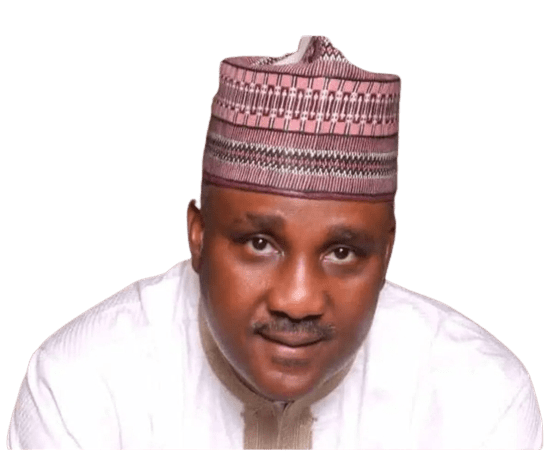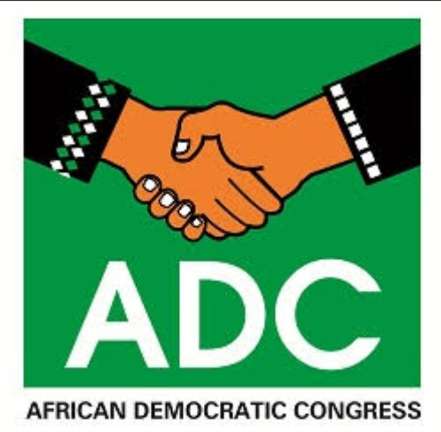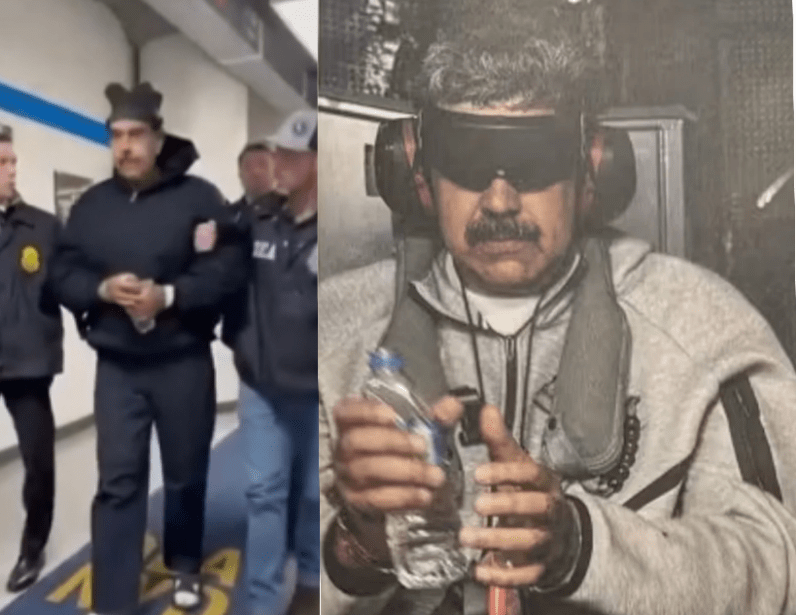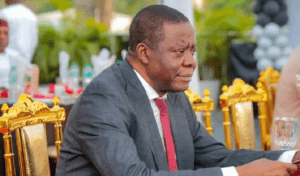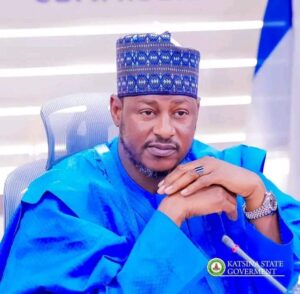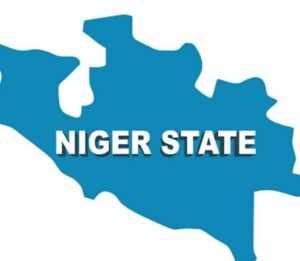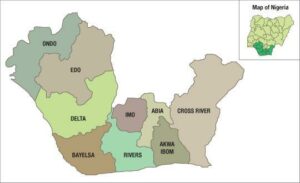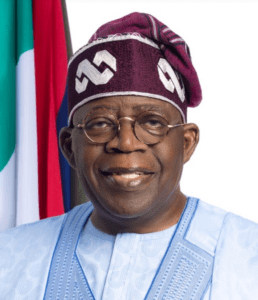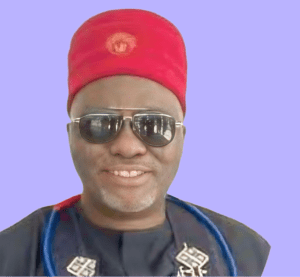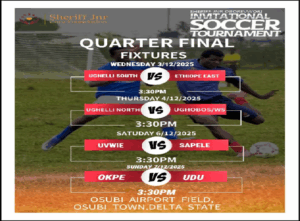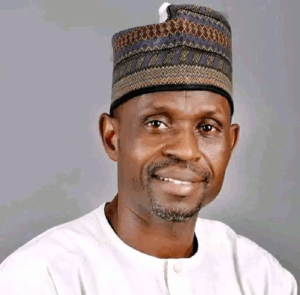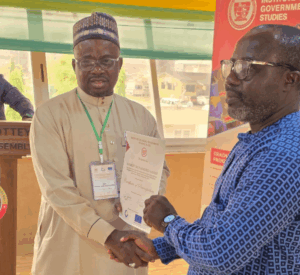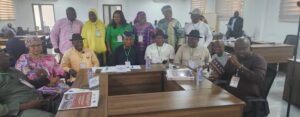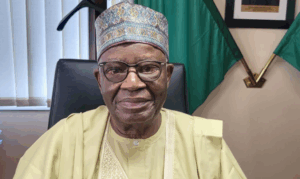The Duality of Critique: A Reflection on Zainabun Dady’s critique of Tajudeen Abbas’s Initiatives
This post has already been read at least 11846 times!
By Abdul-Azeez Suleiman
This morning, I encountered a particularly incendiary piece penned by Zainab Amin Rafindadi and attributed to a certain Zainabun Dady, who expressed vehement discontent regarding the initiatives of Tajudeen Abbas, the Speaker of the House of Representatives.
The crux of her grievance centered on the distribution of vehicles and motorcycles to constituents in Zaria, juxtaposed against what she perceived as a neglect of the educational sector plagued by infrastructural deficits. While her concerns are valid within a broader context, they also reveal a selective interpretation of the Speaker’s multifaceted contributions to his constituency.
Tajudeen Abbas’s recent actions, including the distribution of vehicles and the disbursement of N5 billion in scholarships to students across the North-West geopolitical zone, are emblematic of a leader attempting to address the diverse needs of his constituents.
The construction of roads and investments in women and youth empowerment initiatives further illustrate a commitment to holistic development. Yet, Zainabun Dady’s critique fixates solely on the distribution of vehicles, dismissing the broader spectrum of the Speaker’s interventions as inconsequential.
Zainabun Dady’s argument, while impassioned, appears to be rooted in a narrow perspective. She asserts that as a PhD holder with experience in academia, the Speaker should prioritize educational reforms over infrastructural investment. Her contention that the resources allocated to vehicles could have been better spent on improving schools is a sentiment echoed by many who feel that education should be the cornerstone of development.
However, this viewpoint neglects the complexities of governance and the multifaceted nature of societal needs.
It is crucial to recognize that Zaria, as the Speaker’s primary constituency, faces a myriad of challenges that extend beyond the educational sector. The region is grappling with high unemployment rates, economic stagnation, and a pressing need for infrastructural development. By providing vehicles and motorcycles, the Speaker is not merely distributing material goods; he is facilitating economic mobility for many individuals who are otherwise trapped in a cycle of poverty. For the unemployed and unemployable—often products of an educational system that has been historically underfunded—these vehicles represent a lifeline, an opportunity to engage in economic activities that could uplift their circumstances.
Zainabun Dady’s critique exemplifies a broader issue within public discourse, particularly in Northern Nigeria, where criticisms are often myopic and lack a comprehensive understanding of the complexities involved in governance. The tendency to focus solely on one aspect of a politician’s initiatives while ignoring the broader implications of their actions can lead to a distorted narrative. In this case, the vehicles and motorcycles, which she categorizes as gifts to political cronies, are, in fact, tools that could empower individuals to break free from the shackles of unemployment.
Moreover, her assertion that the Speaker, being an educated individual, should inherently prioritize educational reforms overlooks the reality that effective governance requires a balanced approach. While educational investment is undeniably critical, it must be contextualized within the immediate needs of the population.
The Speaker’s initiatives in agriculture, health, and infrastructure are equally important, as they contribute to the overall well-being of the community. By dismissing these efforts, Zainabun Dady not only undermines the Speaker’s comprehensive strategy but also perpetuates a culture of criticism that lacks nuance.
Governance is inherently complex, requiring leaders to navigate a landscape of competing interests and pressing needs. Tajudeen Abbas, in his role as Speaker, is tasked with addressing the diverse challenges faced by his constituents.
The distribution of vehicles and motorcycles, while seemingly trivial in the eyes of some, plays a critical role in fostering economic growth and improving livelihoods. It is essential to acknowledge that the needs of a community are not homogenous; different segments of the population require varying forms of support.
The scholarships awarded to students from the North-West geopolitical zone further illustrate the Speaker’s commitment to education, albeit in a manner that recognizes the immediate economic realities of his constituents.
By investing in the education of young people, he is laying the groundwork for a more educated workforce that can contribute to the region’s development in the long term. This dual approach—addressing immediate economic needs while investing in future generations—demonstrates a nuanced understanding of governance that transcends simplistic criticisms.
Criticism is an essential component of democracy, serving as a mechanism for accountability and improvement. However, it is imperative that such critiques are grounded in a comprehensive understanding of the issues at hand. Zainabun Dady’s passionate defense of educational reform is commendable, yet it should be framed within the broader context of the challenges faced by Zaria.
A more constructive dialogue would encourage a holistic view of governance, recognizing that education, infrastructure, and economic empowerment are interconnected facets of development.
Moreover, public discourse should strive for inclusivity, welcoming diverse perspectives while fostering a spirit of collaboration. Rather than pitting educational investment against economic initiatives, stakeholders should engage in discussions that seek to integrate these priorities. Policymakers, educators, and community leaders must come together to formulate strategies that address the multifaceted challenges of their constituencies.
In conclusion, the critique of Tajudeen Abbas’s initiatives by Zainabun Dady serves as a reminder of the complexities inherent in governance and the importance of nuanced discourse.
While the concerns surrounding educational investment are valid, they must be contextualized within the broader framework of community needs. The Speaker’s multifaceted approach to addressing the challenges faced by Zaria highlights the necessity of balancing immediate economic support with long-term educational investment.
As we navigate the intricacies of public service and governance, it is vital to foster a culture of constructive dialogue that transcends selective criticism.
By embracing a holistic understanding of development, we can work towards solutions that uplift communities and empower individuals to thrive in an ever-evolving situation. In doing so, we honor the spirit of democracy and the shared responsibility we hold in shaping a brighter future for all.
This post has already been read at least 11846 times!

